Naturalization Application
Overstaying and Naturalization/Permanent Residence
- 2024.07.22
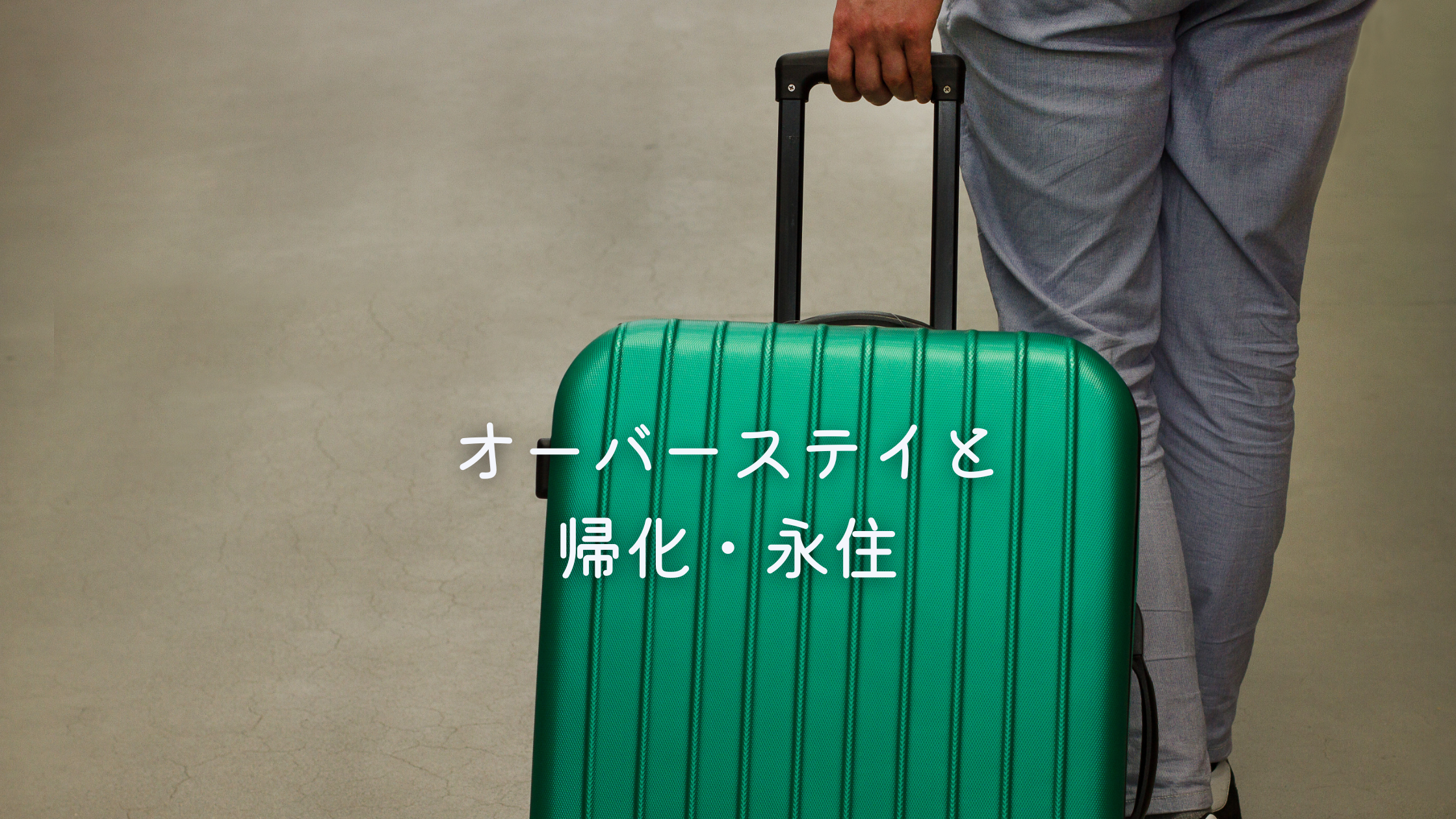
Some people may not realize this, but overstaying is a crime and can seriously affect your future visa application. But does this mean your application for naturalization or permanent residence will be denied if you have a history or record of overstaying? In this article, we will briefly explain how your history of overstaying may affect your application for naturalization or permanent residence, and what you should be aware of.
What is “overstay”?
“Overstay” means that a foreign national who has legitimately entered Japan stays in Japan illegally, exceeding the designated period of stay.
This is a type of illegal stay, called “Fuho-Zanryu (i.e. illegally remaining).”
On the other hand, when a foreigner enters Japan illegally without a status of residence by forging a passport, etc., and stays in Japan illegally, this is called “Fuho-Zairyu (i.e. illegally staying).
Immigration Control and Refugee Recognition Act stipulates the following penalties for overstaying.
|
A person falling under any of the following items is to be punished with imprisonment with or without work for not more than 3 years or a fine not exceeding 3 million yen or is to be subject to the cumulative imposition of imprisonment with or without work and a fine. |
Usually, illegal overstayers are subject to both these penalties and deportation orders.
Furthermore, if you leave Japan due to a deportation order or any other compulsory disposition, you are not allowed to re-enter Japan for at least 5 years.
To avoid such situations,
if you are already in an overstaying status, you should promptly report to the immigration office voluntarily and consult with the Immigration Control Agency or a specialist to find out whether you are eligible for “departure order system,” “special permission for residence,” or any other status of residence.
The departure order system
If you have voluntarily departed from Japan, your period of refusal to land in Japan may be reduced to 1 year by the “departure order system (shukkoku-meirei-seido)” if the following conditions are met.
[Requirements]
(a) The foreign national has appeared at an immigration office voluntarily with the intention of departing from Japan immediately.
(b) The foreign national does not fall under any of the grounds for deportation other than overstaying.
(c) The foreign national has not been sentenced to imprisonment with or without labor on the charge of larceny or other prescribed crimes after entering Japan.
(d) The foreign national has no past record of deportation or that of departure by a departure order.
(e) The foreign national is expected with certainty to depart from Japan immediately.
If this is the case, we recommend that you make a reservation for your departure flight and consult with a specialist, etc. with your reservation slip.
The special permission for residence
Not all overstayers are subject to deportation, and from a humanitarian perspective, some may be granted special permission for residence (zairyu-tokubetsu-kyoka), which allows them to remain in Japan.
In order to obtain this “special permission for residence,” foreign nationals must present a reason why they continue to stay in Japan at the Immigration Bureau.
The special permission for residence is more likely to be granted when the following conditions are met;
(1) The foreign national has appeared at an immigration office voluntarily.
(2) The foreign national has a marital or family relationship (biological child) with a Japanese national or special permanent resident.
(3) The foreign national has had Japanese nationality before.
(4) The foreign national takes care of and fosters his/her own child who is enrolled in a Japanese elementary or secondary school and has lived in Japan for a considerable time.
(5) The foreign national has stayed in Japan for a long period of time and it is recognized that he or she is well-established in Japan.
(6) There are humanitarian reasons, such as the foreign national has received refugee status as an Indochinese refugee, a refugee resettled in a third country, or a Japanese national remaining in China, or the foreign national has difficulty returning home due to the unstable situation in his or her home country.
(7) The foreign national requires medical treatment in Japan for an intractable disease, etc., or is found to be necessary to nurse a relative requiring such treatment, etc.
If you would like to consider any status of residence other than the special permission for residence, we recommend you to consult with the Immigration Services Agency or a specialist such as an administrative scrivener and check if you are eligible for any other status of residence, or if your overstaying falls under any legitimate case.
Even if you are overstaying and are not subject to the “departure order system,” you may be granted provisional release and proceed with the procedures without being detained if you voluntarily present yourself at the immigration office.
For more details, please refer to the Immigration Bureau’s guidelines.
2. Can I apply for naturalization even if I am overstaying?
If you have a history of overstaying, it is more difficult to apply for naturalization.
The record of overstaying is considered a criminal record, so it has a negative impact on one of the requirements for naturalization, which is “Good Conduct”.
There are mainly 2 patterns after overstaying.
(1) (Regular case) You must leave Japan immediately.
In principle, illegal overstayers must appear at the immigration office and leave Japan promptly by the departure order system.
– Illegal overstayers must leave Japan promptly and are usually given a maximum of 15 days to leave the country.
– The period of refusal of landing in Japan (1 year in case of voluntary appearance / 5 years in other cases)
<From the viewpoint of the application for naturalization…>
|
The act of overstaying ➡ |
It is an illegal act and has a significant impact on the “Good Conduct” requirement. |
|
Departure from Japan due to lack of status of residence. ➡ |
The duration of residence, which is one of the requirements regarding residence, is set to zero. |
|
Period of grounds for refusal to land (1 year or 5 years) ➡ |
During the period of refusal of landing, which is 1 year in case of voluntary appearance (5 years in other cases), a new status of residence cannot be obtained. |
*There are other requirements.
*Please see here for more information on the requirements for naturalization.
It depends on the circumstances of your past overstay, but in conclusion, if you overstay, it is not that you will never be able to apply for naturalization, but you may have to wait for a long time (the time may vary depending on the case) before you can apply for naturalization, and applying for naturalization will considerably be more challenging.
(2) (Special case) You are permitted to continue to stay in Japan.
As explained in (1) above, illegal overstayers must appear at the immigration office and leave Japan within 15 days by the departure order system.
However, there are cases where they are granted special permission which allows a foreigner to stay in Japan legally without leaving Japan, which is called “special permission for residence.”
Let’s take a look at how these people who are permitted special permission for residence differ from overstayers who leave Japan due to a deportation order or departure order.
<Deportation and Departure Order>:
– Overstayers must appear at the immigration office and leave Japan within the designated period, which is usually 15 days or less, by the departure order system.
– The period of refusal of landing (1 year in case of voluntary appearance / 5 years in other cases)
<Special Permission for Residence>:
➡Continued stay in Japan is permitted.
➡Naturally, there is no period of refusal of landing since the foreign national is no longer forced to leave Japan.
<From the viewpoint of the application for naturalization…>
|
The act of overstaying ➡ |
It is an illegal act and has a significant impact on the “good conduct” requirement. |
|
No need to leave Japan ➡ |
Since you do not leave Japan, the duration of residence is not set to zero, so it does not affect the requirement regarding residence. However, naturalization can be applied only after 10 years from the time of obtaining the special permission for residence. *Note: there are other requirements. |
|
No period of grounds for refusal to land (1 year or 5 years) ➡ |
From the above comparison, it is clear that the “special permission for residence” is a special permission that changes the status of a foreign national from overstay to a legitimate status.
Having said that, it is important to note that even if the foreign national is exempted from deportation, the “special permission to stay” does not cancel the violation of the law; it simply grants him or her a special status of residence. In order for him or her to be naturalized with a “special permission of stay,” at least 10 years must pass from the time of permission.
<Criteria of the special permission for residence>
In the “Guide for Reporting Appearance – For Foreign Nationals who are suffering from illegal stay (by Immigration Bureau, Ministry of Justice),” the following information is provided.
○If you wish to continue to live in Japan, please first appear at an immigration office and state the reasons why you wish to stay in Japan.
– Please carefully read “Guidelines for Special Permission for Residence,” which was recently revised, as it lists positive factors including the following items in deciding whether to grant the special permission for residence in addition to marriage to a Japanese national;
(1) The foreign national has appeared at an immigration office voluntarily;
(2) The foreign national takes care of and fosters his/her own child who is enrolled in a Japanese elementary or secondary school and has lived in Japan for a considerable period of time; and
(3) The foreign national has stayed in Japan for a long period of time and it is recognized that he or she is well-established in Japan.
For example, if a person who falls under (3) above and has no violation of laws and regulations voluntarily appears to an immigration office, he or she is more likely to be granted special permission for residence, according to the Guidelines.
Can I apply for permanent residence even if I am overstaying?
We have introduced 2 patterns after overstaying: “leaving Japan promptly by the departure order system” and “being permitted to continue to stay in Japan.”
Even if you ‘leave Japan promptly,’ ‘simply leaving Japan,’ is not enough if you wish to enter Japan in the future. It is very important to ‘voluntarily appear before the Immigration Control Agency.’
In the case of permanent residence, the application process differs depending on which pattern you fall under.
(1) (Regular case) You must leave Japan immediately.
In principle, illegal overstayers must appear at the immigration office and leave Japan promptly by the departure order system.
– Illegal overstayers must leave Japan promptly and are usually given a maximum of 15 days to leave the country.
– The period of refusal of landing in Japan (1 year in case of voluntary appearance / 5 years in other cases).
<From the viewpoint of the application for permanent residence…>
|
The act of overstaying ➡ |
It is an illegal act and has a significant impact on the “good conduct” requirement. |
|
Departure from Japan due to lack of status of residence. ➡ |
The duration of residence, which is one of the requirements regarding residence, is set to zero. |
|
Period of grounds for refusal to land (1 year or 5 years) ➡ |
During the period of refusal of landing, which is 1 year in case of voluntary appearance (5 years in other cases), a new status of residence cannot be obtained. |
*There are other requirements.
*Please see here for the conditions necessary for permanent residence.
(2) (Special case) You are permitted to continue to stay in Japan.
If you obtain the “special permission for residence,”
you will be able to stay in Japan legally without leaving Japan.
Unlike naturalization, which can be granted only after 10 years from the time of obtaining special permission for residence, there is no specific time requirement for permanent residence.
For example, there is a case where a permanent residence visa was given to the spouse of a Japanese national after 3 years even though the foreign national had a record of overstaying.
*For more information on the requirements for obtaining a permanent residence visa, please see here.
Summary
In this article, we explained how a record of overstaying affects the application for naturalization and permanent residence.
While it is possible to apply for naturalization or permanent residence with a record of overstaying, there is much less chance to be granted permission, not to mention the complexity of the application process.
In order to avoid overstaying, you should pay close attention to the expiration date of your status of residence.
On the other hand, even if you are already in a status of overstaying, unfortunately, there is still a way to resume your life in Japan.
Therefore, the most important thing is how you act after you find out that you have overstayed.
If you genuinely appear at the immigration office and return to your country, there is a good chance that you will be able to come back to Japan after 1 year by applying for a new status of residence.
If you have any other concerns about your record of overstaying or have any other questions, please feel free to contact us.
We are Yanagi group, which have offices in Osaka (Abeno and Tennoji), and our affiliated offices in Tokyo (Shibuya and Ebisu) are also available for an on-site consultation. We have handled many applications for permanent residence permits, naturalization permits, work visas, college student visas, management visas, etc., as well as visa renewal procedures related to the status of residence with the Immigration Bureau (Immigration Bureau) as a one-stop service. Our experienced administrative scriveners are also available to help you with any problems you may have.
We also have staff members who can speak each of the native languages and can assist you in obtaining a visa.
※If you wish to be consulted in Nepali or Bengali, please inform us in advance via our website or social media, and the translator will contact you ahead of time.
Please feel free to contact us if you have any questions about your status of residence or visa, even if they are trivial.
Toll-free number: 0120-138-552
For English speakers: 080-9346-2991
For Chinese speakers: 090-8456-6196
Editor of this article
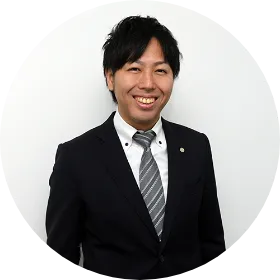
- Ryota Yanagimoto
- Administrative Scrivener/Judicial Scrivener
At the age of 24, he passed the national examinations for judicial scrivener, administrative scrivener, and wage service manager at the same time.
While working as a full-time lecturer at a major prep school, he independently opened a legal office related to judicial scriveners and administrative scriveners,
and he has experience as a judicial scrivener and an administrative scrivener for more than 15 years so far.
He has been actively contributing to various industries such as publicly listed companies, real estate companies, financial institutions, elderly care services, and professional organizations by conducting seminars, lectures, and talks.
And now he has a record of over 60 presentations so far.
Furthermore, as the president of a Japanese language school announced by the Ministry of Justice and Acts, and an advisor to a real estate company (capable of handling foreign clients),
he has been involved in various aspects of industries related to foreigners.
It is recommended to consult with experts when it comes to visas, naturalization, and residency matters.

Our office has specialized experts in visa and naturalization applications who are available to assist with free consultations (limited to the first session) and inquiries related to various visa applications and naturalization applications.
Additionally, we have foreign staff proficient in English, Chinese, and Korean languages with specialized knowledge, and they are present to provide support. They can accommodate consultations and inquiries in each language. Feel free to use our free consultation and inquiry services from here.









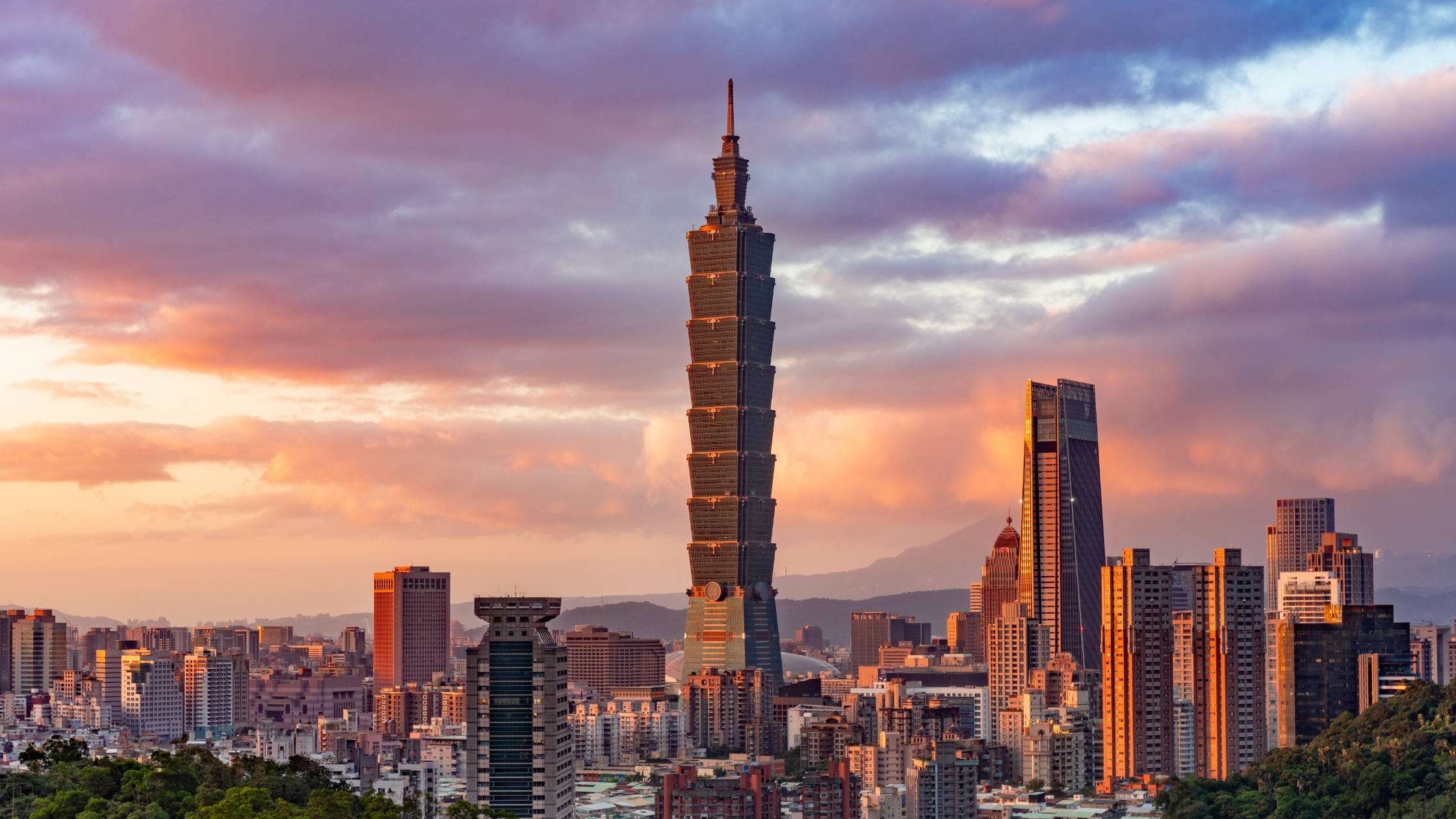





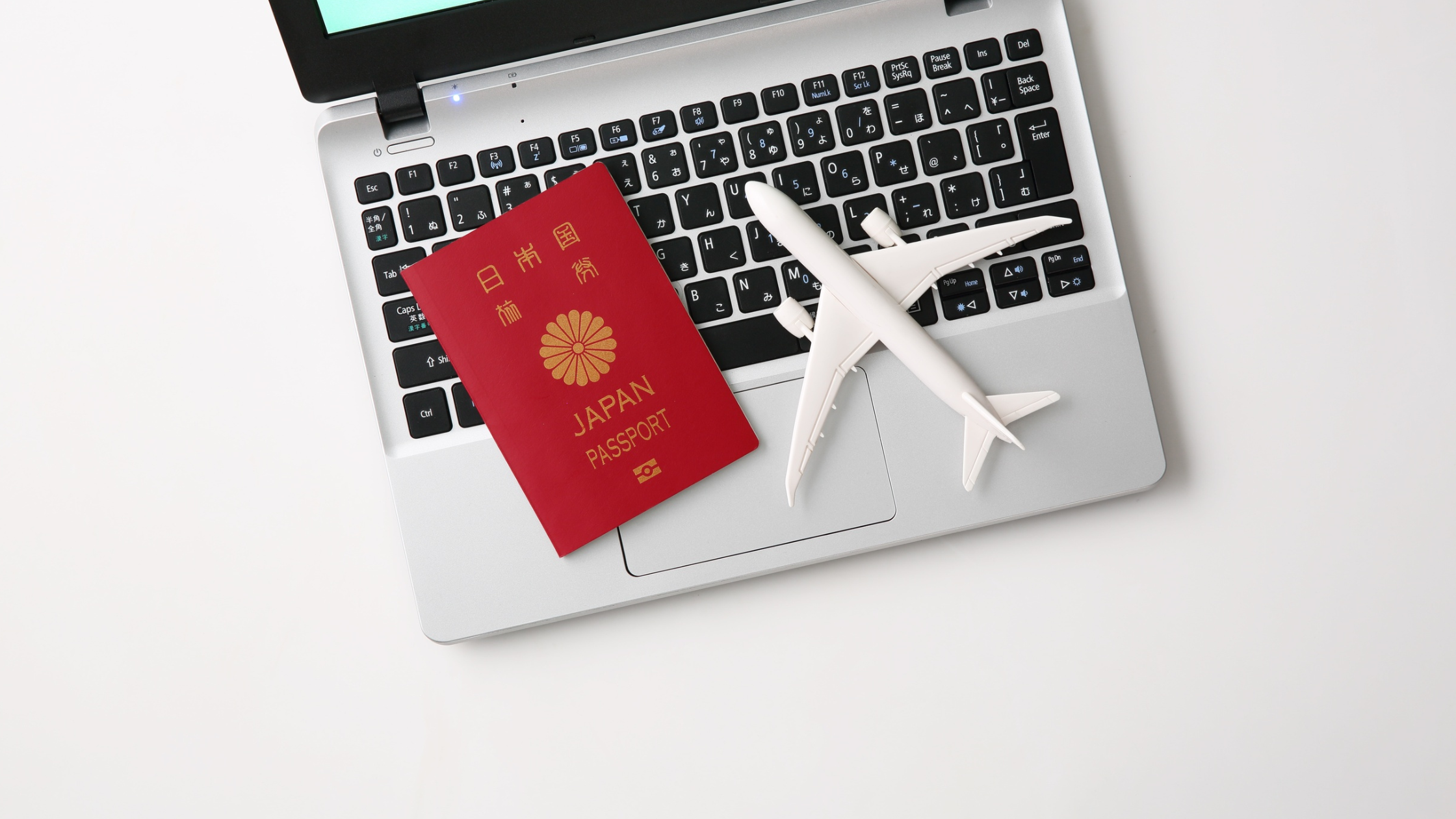






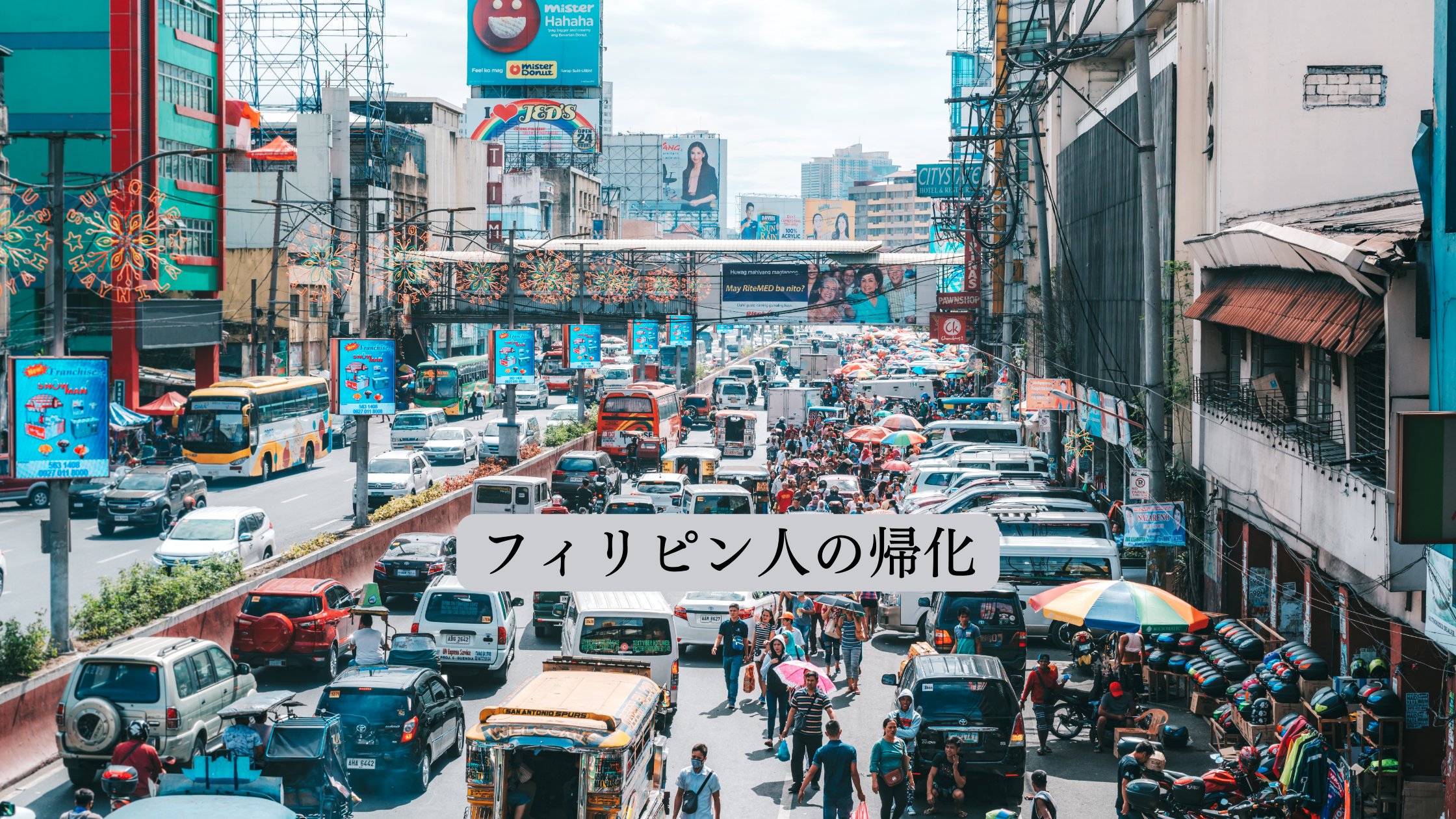
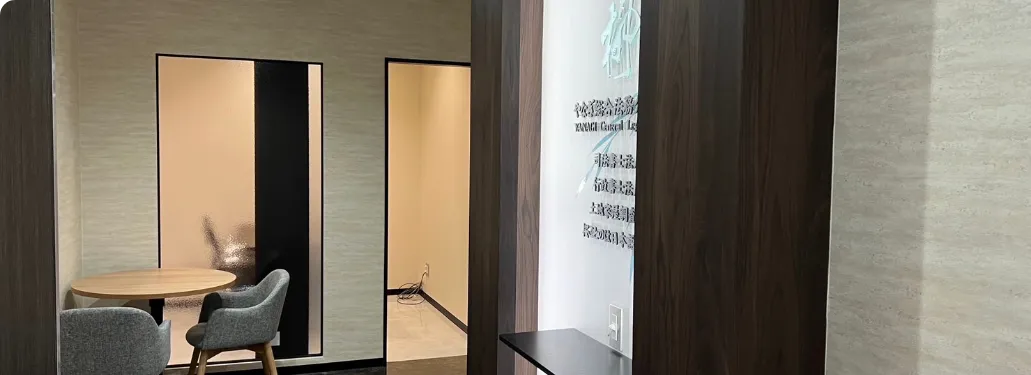
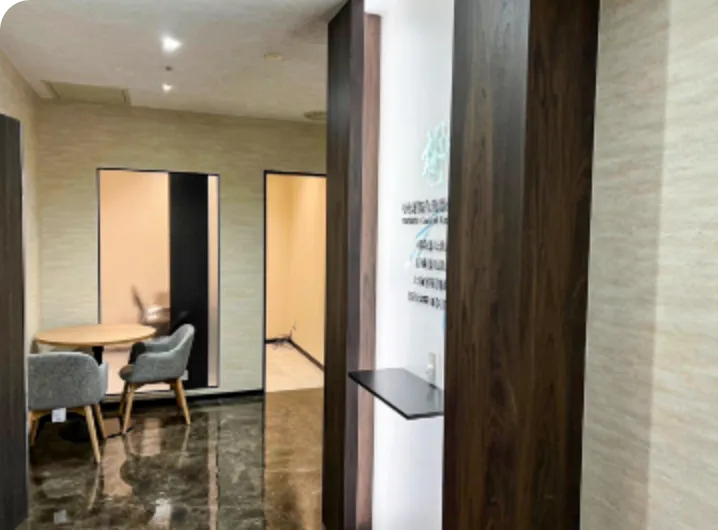
 0120-138-552
0120-138-552 Free
Consultation
Free
Consultation Contact Us
Contact Us